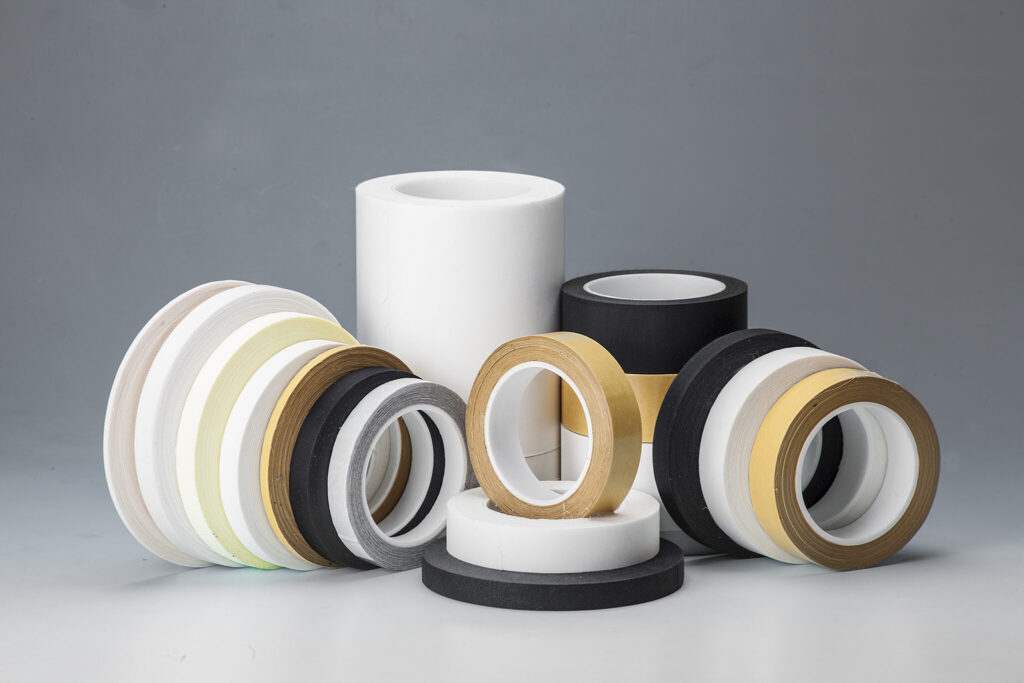
Pressure-sensitive adhesives (PSAs) have become an indispensable part of modern life, quietly enabling innovation across industries. From the labels on your favorite beverage to the adhesive tapes in your smartphone, PSAs are everywhere. These adhesives, which bond to surfaces upon the application of light pressure, are valued for their versatility, ease of use, and strong performance. The global PSA market is experiencing significant growth, driven by advancements in technology, increasing demand for lightweight materials, and a growing emphasis on sustainability.
The global pressure sensitive adhesives market was valued at USD 13.8 billion in 2024 and is projected to reach USD 16.0 billion by 2029, growing at 3.0% cagr from 2024 to 2029. Let’s dive deeper into what’s driving this growth, the key applications, and what the future holds for this dynamic market.
Market Overview
The PSA market is thriving, fueled by demand across diverse sectors such as packaging, automotive, healthcare, electronics, and construction. Asia-Pacific dominates the market, accounting for the largest share due to rapid industrialization, urbanization, and the presence of major manufacturing hubs in countries like China and India. North America and Europe follow closely, with growth driven by technological advancements and stringent regulations promoting sustainable adhesives.
Key Applications of PSAs
PSAs are prized for their ability to adhere to a wide range of surfaces without the need for heat, water, or solvents. Here are some of the most prominent applications:
- Packaging: PSAs are widely used in labeling, tapes, and graphic films. The e-commerce boom has further accelerated demand for packaging solutions that are both durable and lightweight.
- Automotive: In the automotive industry, PSAs are used for interior trims, exterior emblems, and noise reduction. The shift toward electric vehicles (EVs) has also created opportunities for lightweight adhesive solutions.
- Healthcare: PSAs play a critical role in medical tapes, wound care products, and transdermal drug delivery systems. Their hypoallergenic and skin-friendly properties make them ideal for medical applications.
- Electronics: From smartphone displays to flexible circuits, PSAs are essential in the electronics industry. Their ability to provide strong bonds without damaging delicate components is a key advantage.
- Construction: PSAs are used in insulation tapes, flooring, and window films, offering durability and ease of application.
Growth Drivers
Several factors are propelling the PSA market forward:
- Sustainability: With increasing environmental concerns, there is a growing demand for eco-friendly adhesives. Manufacturers are developing bio-based PSAs that reduce reliance on petrochemicals and lower carbon footprints.
- Technological Advancements: Innovations such as smart adhesives, which can change properties in response to external stimuli, are opening new possibilities in industries like healthcare and electronics.
- Lightweighting Trends: Industries like automotive and aerospace are increasingly adopting lightweight materials to improve fuel efficiency and reduce emissions, driving demand for high-performance PSAs.
- E-commerce Growth: The rise of online shopping has led to increased demand for packaging materials, including PSA-based tapes and labels.
Industry Trends
The PSA market is evolving rapidly, with several trends shaping its trajectory:
- Eco-Friendly Adhesives: Companies are investing in sustainable PSA formulations made from renewable resources. For instance, bio-based acrylics and silicone adhesives are gaining traction.
- Customization: End-users are seeking tailored adhesive solutions to meet specific performance requirements, such as temperature resistance or adhesion to low-surface-energy materials.
- Smart Adhesives: The development of adhesives with responsive properties, such as reversible adhesion or conductivity, is creating new opportunities in electronics and healthcare.
- Digitalization: The integration of digital technologies in manufacturing processes is improving the efficiency and precision of PSA production.
Challenges
Despite its growth, the PSA market faces challenges such as fluctuating raw material prices and stringent regulatory requirements. Additionally, the development of high-performance adhesives that meet diverse industry needs remains a complex task.
Future Outlook
The future of the PSA market looks promising, with innovation and sustainability at its core. As industries continue to prioritize lightweight, durable, and eco-friendly materials, PSAs will play an increasingly vital role. Emerging technologies like nanotechnology and 3D printing are expected to further revolutionize adhesive formulations and applications.
Moreover, the push toward a circular economy will drive the development of recyclable and biodegradable PSAs, aligning with global sustainability goals. Companies that invest in R&D and adopt green practices will be well-positioned to capitalize on these opportunities.
To get deeper insights download PDF brochure :
The pressure-sensitive adhesives market is more than just a niche segment of the chemical industry—it’s a cornerstone of modern manufacturing and innovation. With applications spanning packaging, automotive, healthcare, and beyond, PSAs are enabling advancements that touch every aspect of our lives. As the market continues to grow, driven by sustainability and technological innovation, stakeholders must stay ahead of the curve to unlock its full potential. The future of PSAs is not just about sticking things together—it’s about creating smarter, greener, and more efficient solutions for a rapidly evolving world.
